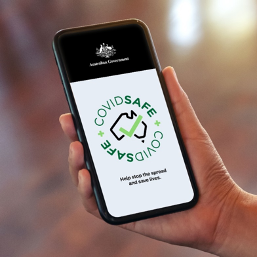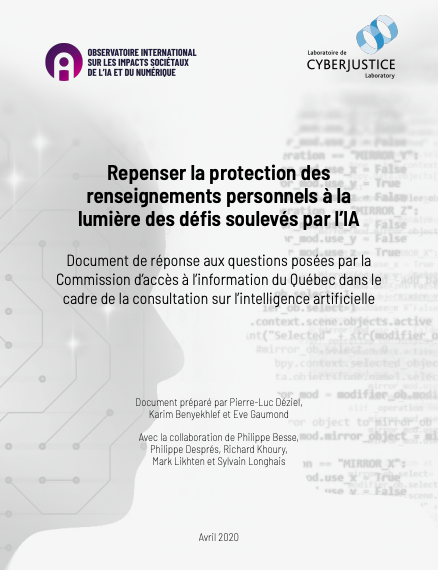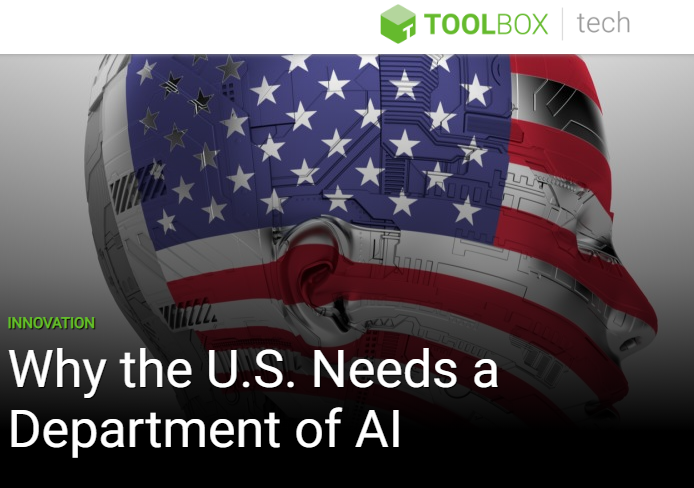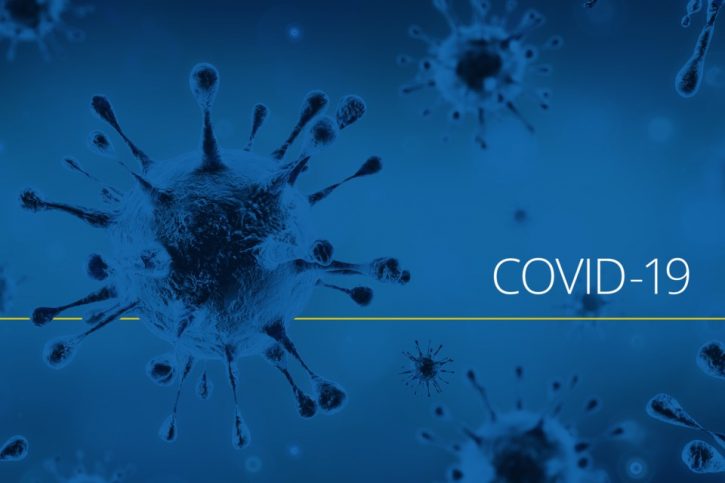In the media | Page 5
In the media
Covid-19 : les dérives possibles de surveillance des données personnelles
Benoit Dupont - ACT researcher - focus in this article published in The conversation on the use of personal data to fight against the COVID-19 pandemia. Available in french only. Afin de retrouver une liberté de mouvement temporairement suspendue et dans le but de protéger les populations contre une deuxième vague d’infection, on voit se mettre […] Read more
In the media
An Interactive Guide to the Blockchain
29 May 2020 Hannes Westermann
Hannes Westermann, doctoral student and researcher at the Cyberjustice Laboratory and for the JusticIA research group, started this week a series of interactive blogs on the blockchain. To learn more about this current subject, you can read them here : Part I - Introduction Part II - Hash Functions Part III - A Chain of […] Read more
In the media
Surveillance numérique: de réels risques pour nos droits fondamentaux
Prof. Karine Gentelet - ACT researcher - and France Isabelle Langlois - Director General at Amnesty international Canada francophone - discuss the risks and stakes of using new technologies in the fight against the COVID-19 pandemic in an article published in La Presse on May 16. Article Available only in french. Au nom de la […] Read more
In the media
COVIDSafe : l’application australienne qui fait bon élève
This content is not available in the selected language. Simon du Perron, auxiliaire de recherche au Laboratoire de cyberjustice, a signé le 15 mai dernier un billet de blogue sur le site du Laboratoire de cyberjustice. En raison de son intérêt au regard des travaux de JusticIA, nous le reproduisons ici : Alors que le Québec, à l’exception du […] Read more
In the media
Covid-19 et applications de traçage : Le droit ne doit pas céder aux chants des sirènes du solutionnisme technologique
This content is not available in the selected language. Mark Likhten, avocat, et Sylvain Longhais, auxiliaire de recherche au Laboratoire de cyberjustice, signé le 10 mai dernier un billet de blogue sur le site du Laboratoire de cyberjustice. En raison de son intérêt au regard des travaux de JusticIA, nous le reproduisons ici : Dans ce contexte de pandémie […] Read more
In the media
Can AI file patents?
The US Patent and Trademark Office refused on April 27 that an AI can be registered as inventor or co-inventor of a patent, ruling that only "natural persons" can be assigned the status of inventor. Last December, the European Patent Office issued a similar decision for similar motives. However, as this article explains, the case […] Read more
In the media
Rethinking the protection of personal information in light of the challenges raised by AI
4 May 2020 Karim Benyekhlef
The Quebec Access to Information Commission launched a consultation this winter on a series of principles aimed at framing issues relating to the protection of personal information in the context of the use of artificial intelligence. OBVIA has launched a consultation process with some of its members with the aim of obtaining feedback from experts […] Read more
In the media
Why the U.S. Needs a Department of AI
Amidst a certain tension existing bewteen the AI principles unveiled earlier this year and the pression of tech industries to innovate, a recent Toolbox Tech's article proposes to establish a U.S. Department of AI that would allow regulators to oversee the type of data that is fed into AI solutions, examine the effects of AI on […] Read more
In the media
Le recours aux données de géolocalisation en temps de pandémie : problème ou solution?
This content is not available in the selected language. Cassandra Larocque-Rigney, auxiliaire de recherche au Laboratoire de cyberjustice, a signé le 9 avril un billet de blogue sur le site du Laboratoire de cyberjustice. En raison de son intérêt au regard des travaux de JusticIA, nous le reproduisons ici : La course contre la COVID-19 se […] Read more
In the media
Comité spécial COVID-19 de l’OBVIA
9 April 2020 Catherine Régis / Jean-Louis Denis
This content is not available in the selected language. Depuis vendredi, le comité spécial COVID-19 de l’Observation International sur les impacts sociétaux de l’IA et du numérique (OBVIA) est au travail pour élaborer un programme de veille, de positionnement et d’accompagnement à destination des décideurs publics, des chercheurs, des professionnels et du grand public. La […] Read more










